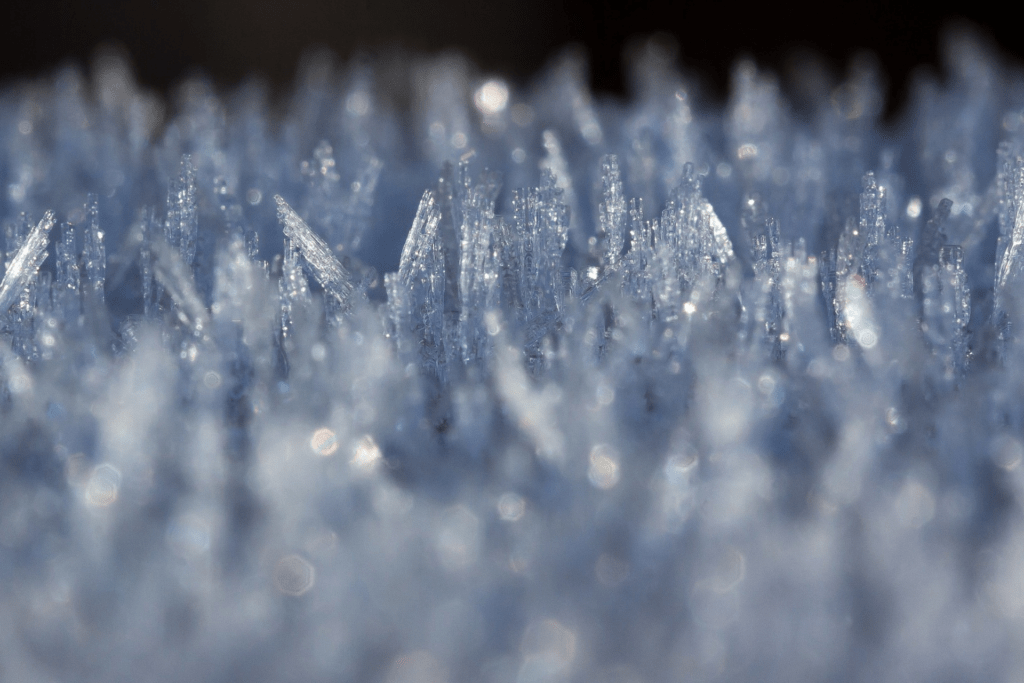The coldest temperature ever recorded near where I was born and raised was -73° Fahrenheit in 1935. In those temperatures, frostbite can happen in minutes on any exposed skin. Blood pressure lowers, breathing becomes shallow, and there can be a slight thickening of the blood, which can cause chest pain in some. I’ve not experienced that extreme cold, but I came close.
It happened in the winter of my seventh-grade year. I remember it distinctly because everyone talked about it for weeks afterward. At school, we had numerous writing assignments. The prompts were: Where were you? What happened? Did you lose electricity? Share your most significant moment, and so on.
If it had happened today, the headlines would’ve been: ‘A once-in-a-lifetime event,’ ‘ Monster Storm,’ or ‘Deadly Blizzard.’ However, those days, the storm blew in quickly without warning from any weather person. Thirty-six inches of snow fell. Then, it stopped when the temperatures began to plummet, and a northerly wind came howling in. Windblown snow knocked down trees and cut power lines. Temperatures continued to drop. Most of the town lost electricity except for a few streets. One of those lucky streets was ours. My stepfather cranked up the old oil boiler heater. We covered the windows with cardboard and blankets to seal in the heat.
The house phone, located in the kitchen, rang. My mother picked up the receiver held by a long, black squiggly cord. “Hello.” She furrowed her brow. “Oh, my.” She cupped her hand over the speaker and called, “Noel, it’s your brother. He and Raina have lost heat, and icicles are forming in the house.”
My stepfather darted up the stairs from the basement, two at a time, grabbed the phone, and said, “I’m on my way.”
“What?” my mother exclaimed. “You can’t drive in this!”
My stepfather, never one to be told what to do, countered. “I can, and I will.” He turned to face me. “Sharon, you’re coming with me.”
The phone rang again as I put on my coat, snow pants, boots, mitts, scarf, and wool hat. This time, my stepfather answered. He talked fast, with an occasional swear word or two. Long story short, two other families needed help, and we would be on a rescue mission because they soon lost power.
I don’t remember much about the drive, but I vividly remember walking into dark, cold houses, gathering our relatives, and having fun with the cousins once we were back at our place. It was like a big party.

It was the next day or perhaps the day after that my step-uncle asked if he could return to his house to check on things. Once again, I was ordered to help. We left in the late afternoon. The wind had not yet abated. It was freezing. The mercury on the outdoor thermometer dipped below -50. I covered my nose with my scarf. We drove slowly over the snowy roads. When we got to my step-uncle’s house, the door was jammed with hardened snow, which took some pounding to open. Creak. It sounded like a scene from a horror movie. But that was nothing in comparison to the inside. Everything, I mean everything, from the furniture to knickknacks, was covered in inches thick hoarfrost. I picked up an orange. Frozen solid. It was one of the eeriest things I’d ever witnessed, and it still makes me catch my breath when those images float into my head. Nothing could survive in those conditions. Nothing.
Schools closed for a week, and temperatures eventually rose. Power was restored to the town, and people returned to work. Homeowners worked on things that needed to be replaced or fixed. Road crews plowed the streets, and kids sledded down snowbanks.
I wrote several essays about that experience. They all ended with an appreciation for electricity, heat, helping others, the impact of the magnificence and reality of nature’s power, and how things can change so quickly—without warning.
“Intelligence is the ability to adapt to change.” Stephen Hawking
Enjoy the Passage of Time.
Sharon
© 2024. Sharon Kreider. All Rights Reserved.

